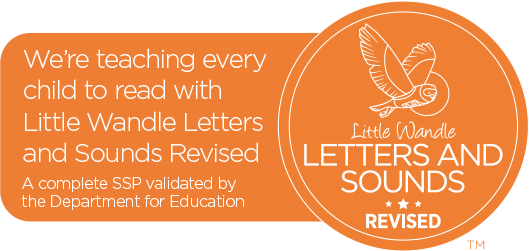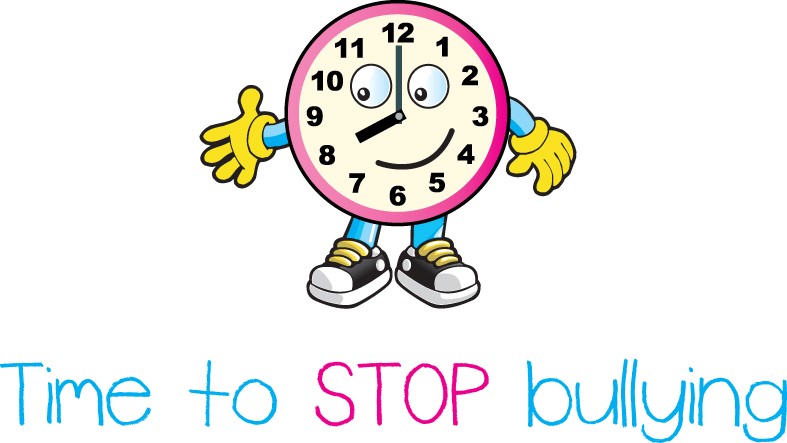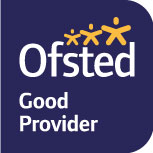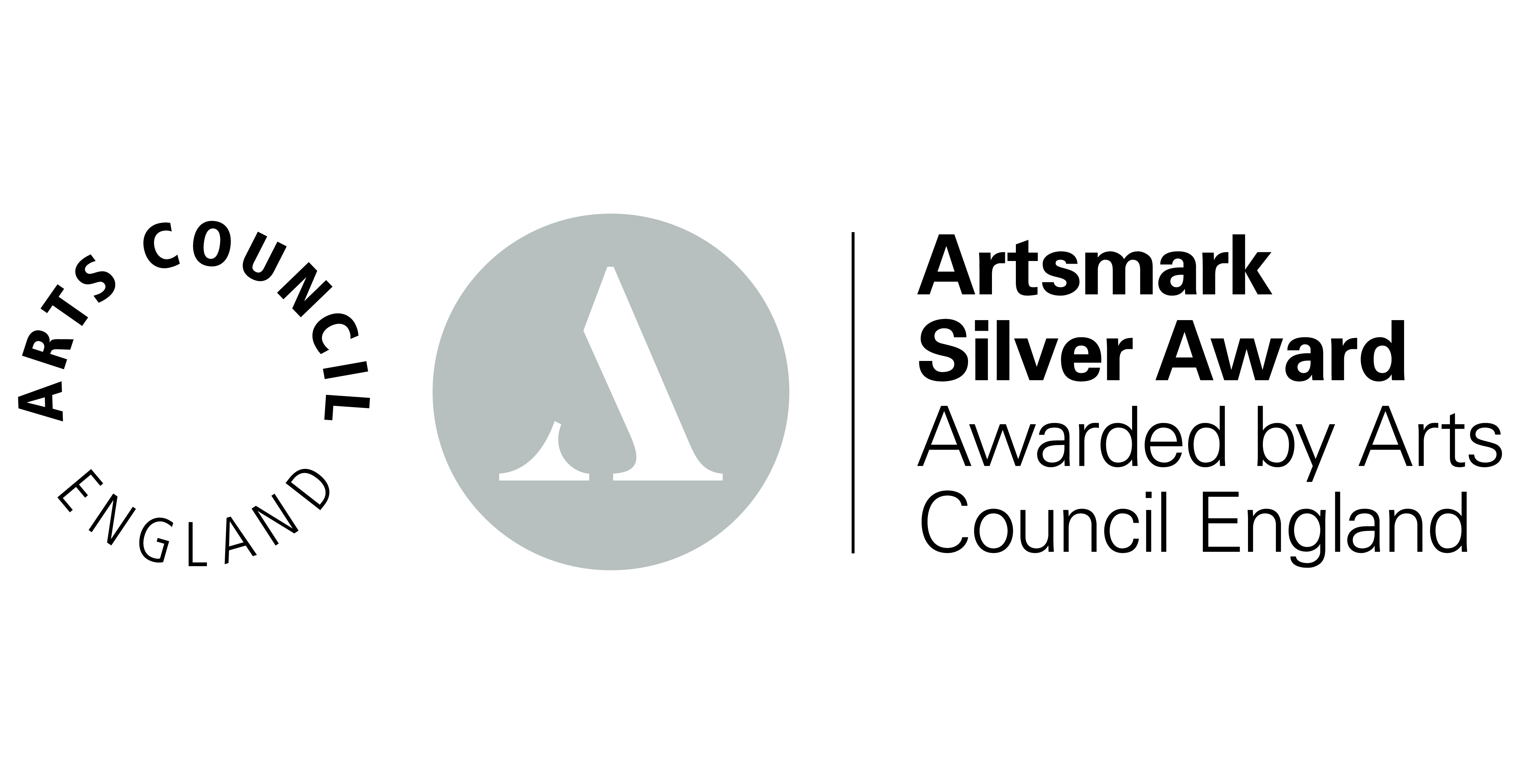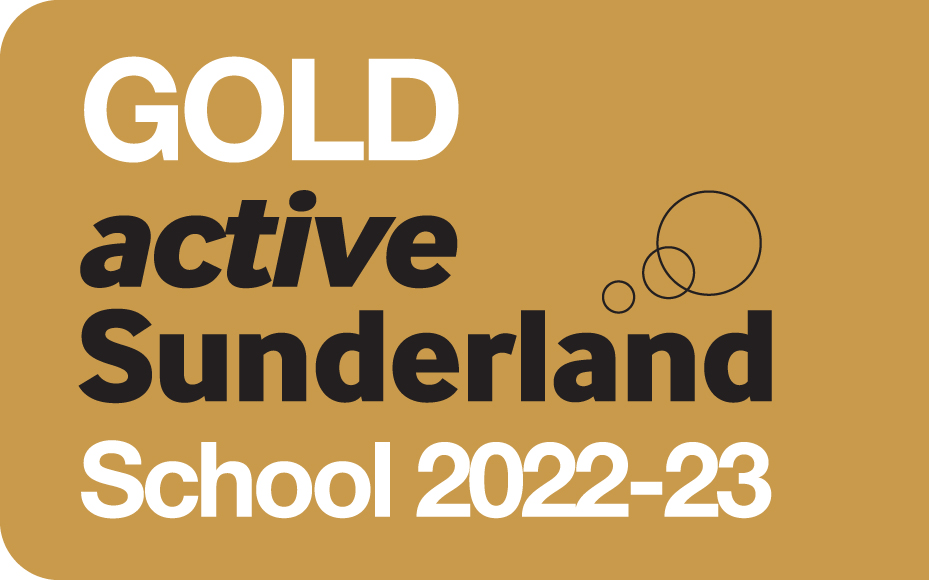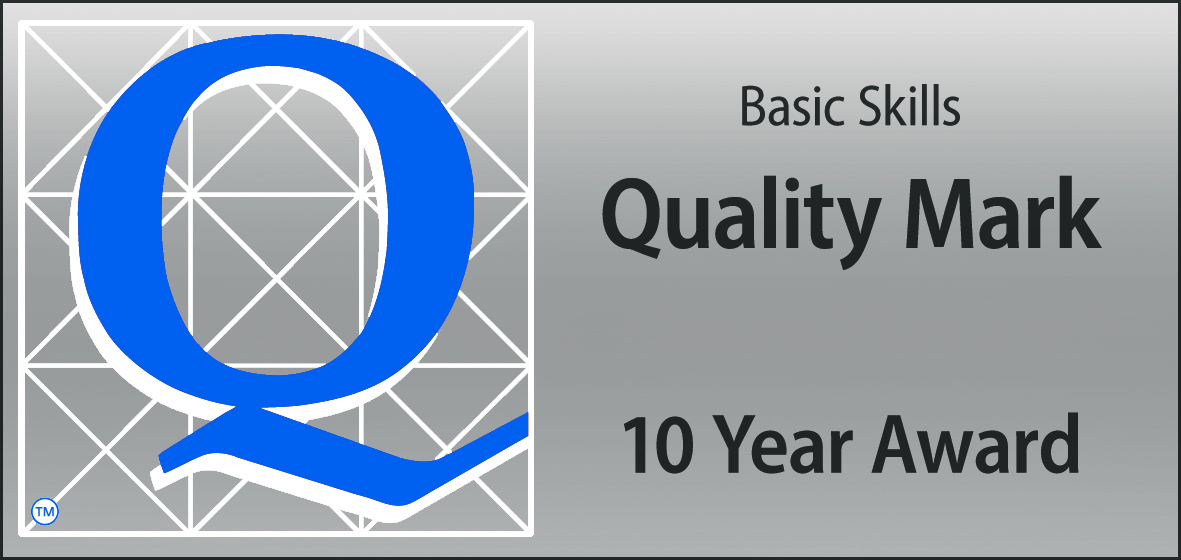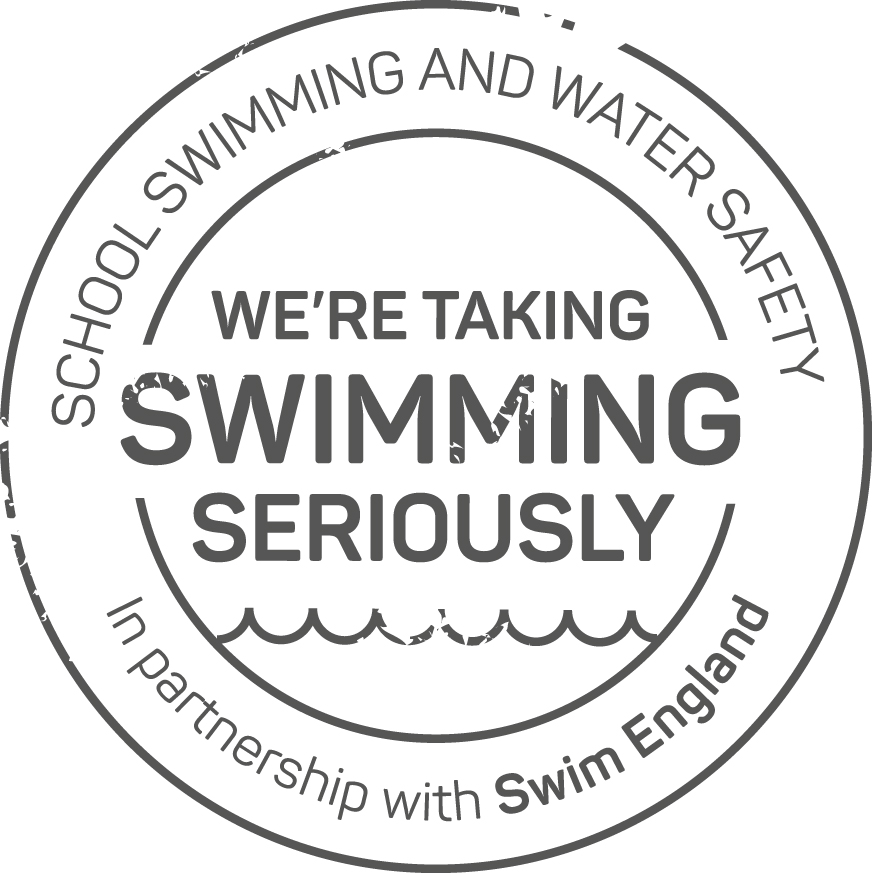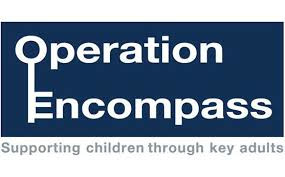Maths
“The only way to learn mathematics is to do mathematics.“
Maths is basic skill that is required in everyday life. A strong mathematical knowledge provides a way of viewing and making sense of the world. It is used to analyse and communicate information and ideas and to tackle a range of practical tasks and real life problems.
We want our children to learn how to be mathematical thinkers and to confidently apply their Maths skills in a wide range of contexts. We want them to know how Maths is important for living in modern Britain and so that they see the importance of developing these skills.
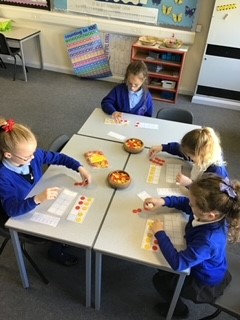
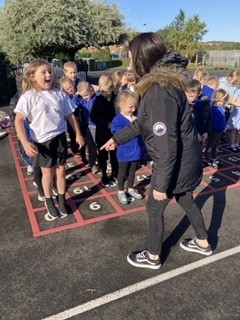
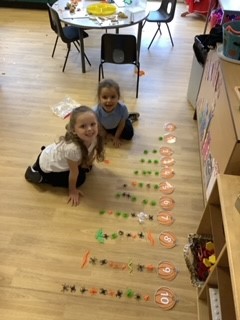
Our Intent in Maths
Using the Programmes of Study from the White Rose Hub Mastery for Maths scheme, as well as the EYFS framework it is our aim to develop the following:
• A positive attitude towards mathematics and a fascination of mathematics
• Competence and confidence with concepts and skills and a mathematical knowledge
• An ability to solve problems, to reason, to think logically and to work systematically and accurately
• Initiative and an ability to work both independently and with others
• An ability to choose and explain own methods
• An ability to use and apply mathematics across the curriculum and in real life.
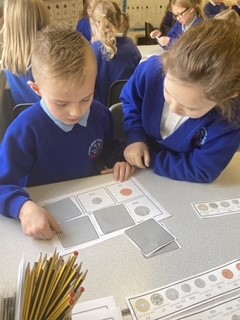
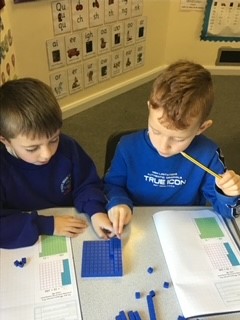
A three step approach is used when teaching to deepen learning and to ensure all learners can successfully develop a strong mathematical understanding.
We use what is known as the CPA approach:
C = ‘concrete’ – the use of resources to teach concepts and offer children practical methods to support understanding and so they ‘can see’ a process
P = ‘pictorial’ – moving on to drawing out pictures or diagrams to represent concepts/methods so they are thinking about the process.
A = ‘abstract’ – when children have a sound understanding of a concept we will then introduce the written method.
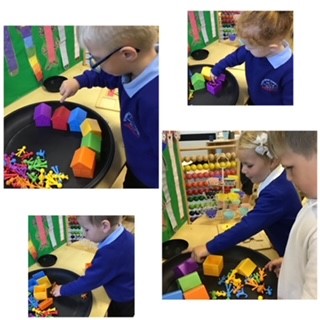
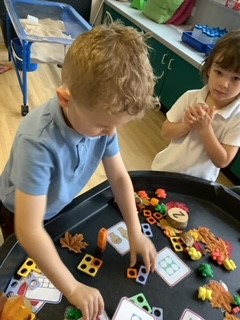
They will have the process embedded by the use of the resources and the pictures so will be ready for this step.
Across the whole school, teachers will ensure that by their careful planning and preparation all children are given opportunities to:
• use maths in a cross curricular way
• work on tasks which develop knowledge, skills and understanding
• problem solve, develop reasoning skills and ability to explain methods
• learn how to calculate mentally
• record using a range of methods
• work as an individual but also in small groups and whole class situations
• use equipment and mathematical vocabulary confidently.


